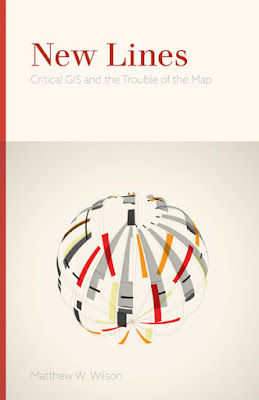Video: But do you actually do GIS?
The chapter begins:
"Utility. Its expression in the classroom acts as a piece of rhetoric to justify decisions regarding the value of particular curricular paths. Also heard among university administrators--as well as its close relation, ‘relevance’--it works to legitimate decisions about recruitment and staffing in the midst of a series of crises of confidence in higher education. Public scholarship. University engagement and outreach. Indeed, campuses and the scholarship they support are impacted by these expressions. Either bolster support for scholarly activities that fit the current model of value in the academy, or change the conversation. Arguably, many institutions of higher education are attempting the former, reorganizing university structures to better capture resources. There are winners and losers. Witness the collapse of departments within the liberal arts (such as classics and languages), amid the growth of athletic department budgets and expenditures on various other edutainment on college campuses.These tensions are felt in everyday conversation in the corridors outside lecture theaters. ‘But do you actually do GIS?’ Loaded in that question is a series of assumptions about what it means to practice, and I think we can do more to broaden our vision of that practice as both technical and critical. ..."



Comments
Post a Comment